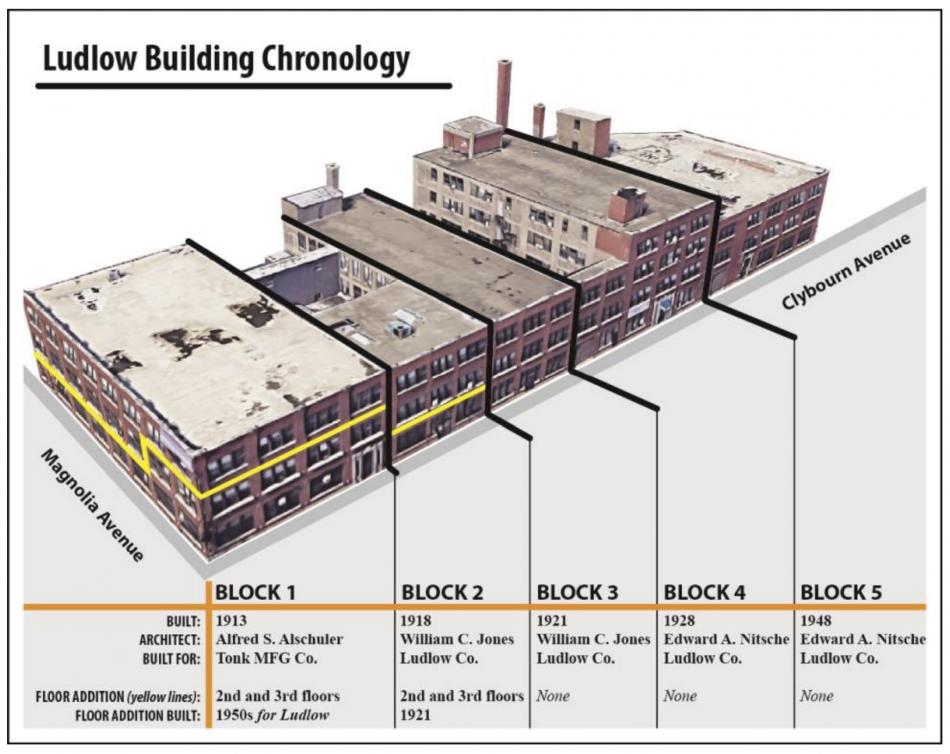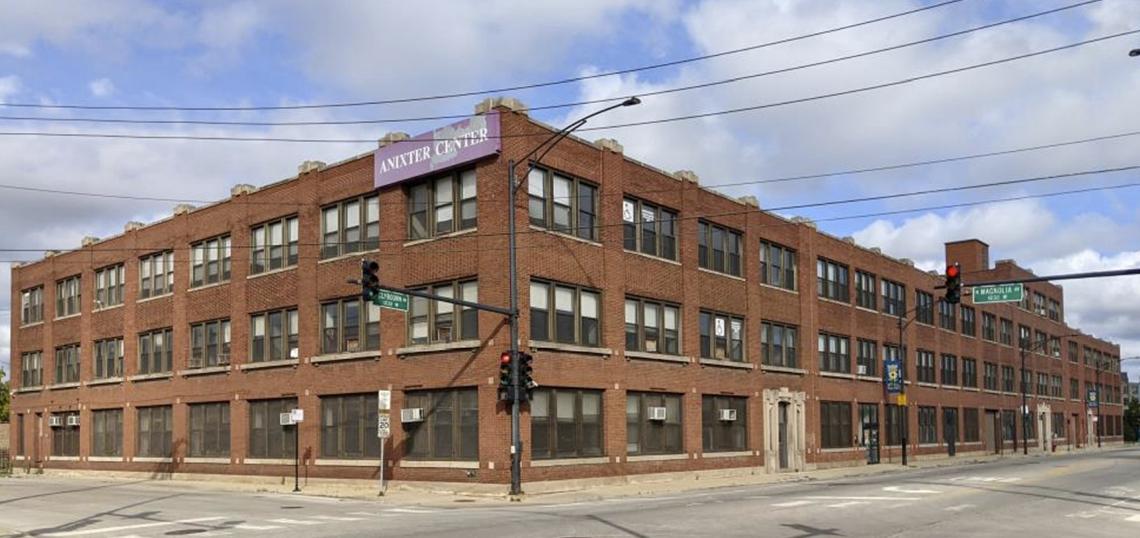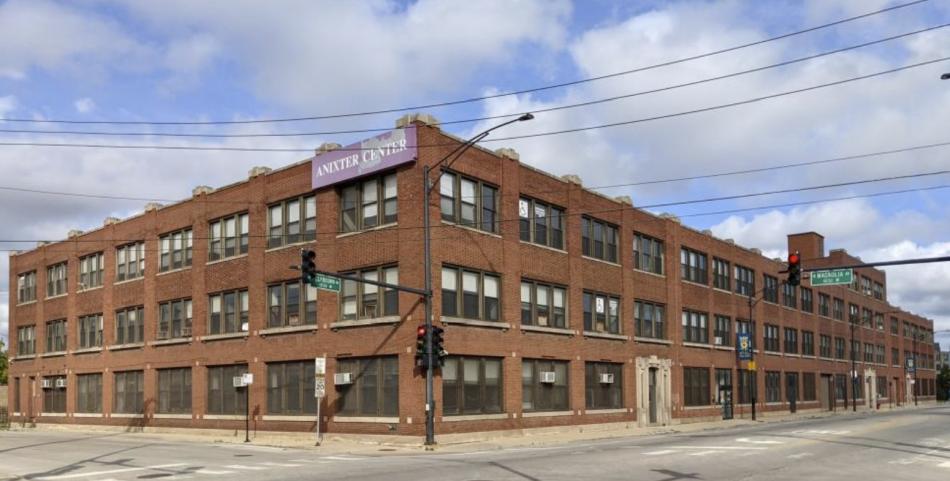The Commision on Chicago Landmarks has approved a preliminary landmark recommendation for the Ludlow Typograph Company Building. Located at 2028-2062 N. Clybourn Avenue, the industrial building was home to the Ludlow Typograph Company. Built and expanded over time, the original portion was constructed in 1913 with a design by Alfred S. Alschuler. Subsequent additions came in 1918, 1921, 1928, and 1948 as the company expanded.
 Chronology of Ludlow Typograph Company Building at 2028-2062 N. Clybourn AveCommission on Chicago Landmarks/DPD
Chronology of Ludlow Typograph Company Building at 2028-2062 N. Clybourn AveCommission on Chicago Landmarks/DPD
Meeting four different criteria, the first criterion for landmark status is Criterion 1, Critical Part of City’s History. The structure is significant for its association with the printing industry that was centered in Chicago during the early and mid-20th century. It is also significant for its association with the Ludlow Typograph Company as it developed the Ludlow Typograph and many different typefaces.
Criterion 3, Significant Person, applies due to the association with prolific typeface designers Douglas McMurtrie and Robert H Middleton who together developed numerous typefaces over the life of the company.
The next standard is Criterion 4, Important Architecture. The building is an example of the commercial style of architecture applied to a utilitarian industrial building. The repeating layout of the facade creates a flexible design that easily allowed for expansion over time that yet retains a cohesive design. Limestone trim around the doorways is influenced by the Prairie School.
The final criterion is Criterion 5, Important Architect. The first portion of the building was initially designed by Alfred S. Alschuler, a notable architect who designed the London Guarantee and Accident Building at 360 N. Michigan Avenue and the Benson and Rixon Department Store at 230 S. State Street.
The building meets the Integrity Criterion as it retains very good physical integrity of the exterior. The only minor changes include new windows and doors as well as a raised loading dock at the northwest end. Significant features that will be protected will include all exterior elevations and rooflines. The structure will require a final landmark recommendation from the commission before being sent to City Hall for approvals from the Committee on Zoning and the full Chicago City Council. The Chicago Plan Commission recently approved a plan to convert the building into residential units and ground floor commercial space.








